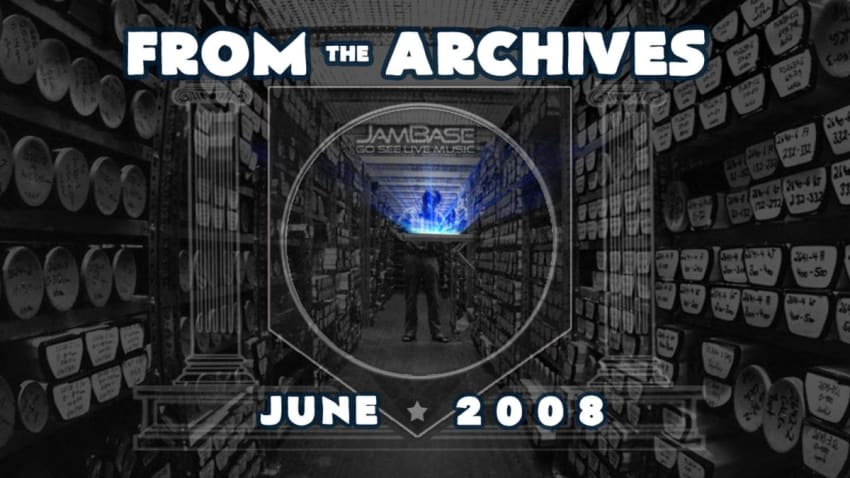Herbie Hancock | 06.23.08 | New York
By Team JamBase Jun 30, 2008 • 1:30 pm PDT

Herbie Hancock :: 06.23.08 :: Carnegie Hall :: New York, NY
 |
The night began with a breakthrough performance by the Lionel Loueke Trio, a Berklee College of Music-born project featuring Massimo Biolcati on bass, Ferenc Nemeth on drums and Loueke on guitar and vocals. Loueke, whose roots trace back to Benin and early influences such as King Sunny Ade and Fela Kuti, has toured with Hancock in recent years. The international trio has been exploring a unique fusion of African jazz since 1999, and have recorded one album together, Gilfema (ObliqSound). On this night, their unique compositions were impeccably textured, challenging, yet melodious, accessible and capable of strumming a chord deep within the active listener.
Loueke’s stage presence is graceful and sophisticated, that of a classically trained musician, yet he uses the entire range of his instrument to express an expansive array of raw emotional states, conjuring images of a young Jimi Hendrix. The trio’s crescendo, “Light-Dark,” echoed through the hallowed halls of one of the world’s great theaters as if the artists had traveled to distant realms and returned with an alien sound – new to the ear, highly intelligent and ahead of its time. Clearly, Hancock sees this within Loueke, as he joined the trio for their encore only to expand upon the interstellar communication that had unfolded between the band, the audience and the source of inspiration yolked from some remote galaxy. While the trio could easily be described as a successful experiment, the West African musical tradition that brought them together surfaced throughout their performance, aided by Loueke’s occasional chanting, scatting, sound effects and vocal percussion that invoked the style and warmth of another Carnegie regular, Bobby McFerrin. There’s no question that this latest Blue Note prodigy will continue to rise among the ranks of jazz greats as the rest of us take notice and wise up to his truly remarkable talent.
 |
At the midpoint of their set, the group cleared the stage for the legendary Holland, who delivered a haunting solo on the upright bass before giving way to Hancock on the grand piano. Like the Buddha offering a discourse simply by resting a lotus flower in the palm of his hand, such was the power of Hancock’s piece as he invited the audience into his beautiful world, if only for an instant.
The group returned to the stage with Amy Keyes, another talented vocalist, whose bluesy voice invoked a nightclub atmosphere, and the performance concluded with space-aged renditions of Hancock’s classics “Cantaloupe Island” and “Chameleon.” The latter featured the maestro on a custom made, shoulder-slung synth that enabled him to move around and gave life to an improvisational call-and-response between the musicians. It was at this moment that Hancock’s true brilliance shined through, as he brought out the best in his band, pushing them further, driving the sound onwards and outwards. This relationship was no more apparent than with Loueke, who seemed to speak the same language as his mentor as the two swayed effortlessly with the groove, playing whatever the moment inspired, having never met a note they didn’t like.
Check out JamBase’s exclusive interview with Herbie Hancock here…
JamBase | Big Apple
Go See Live Music!
